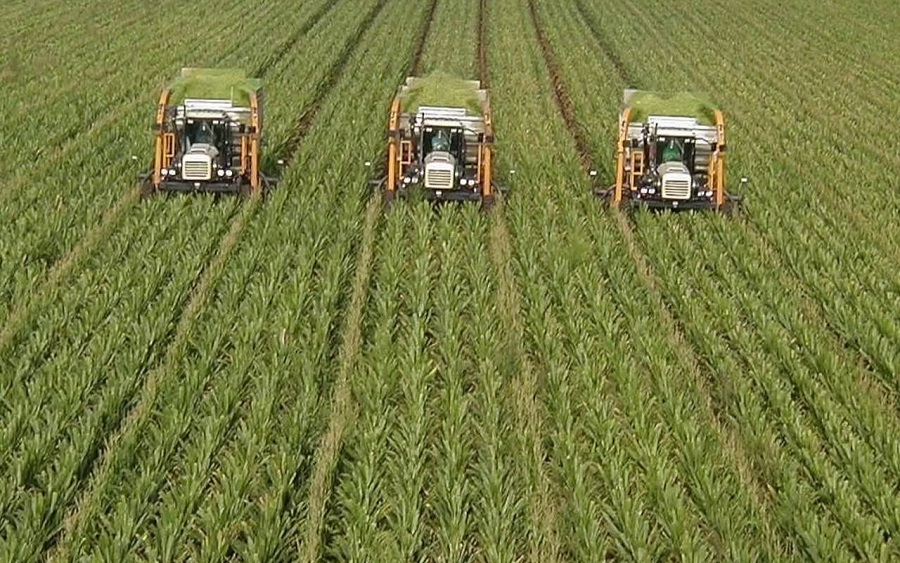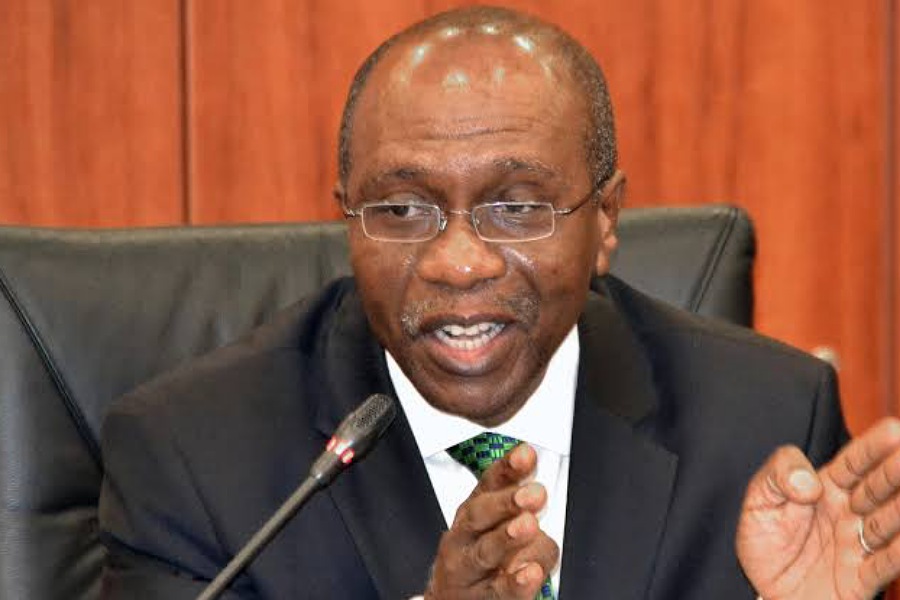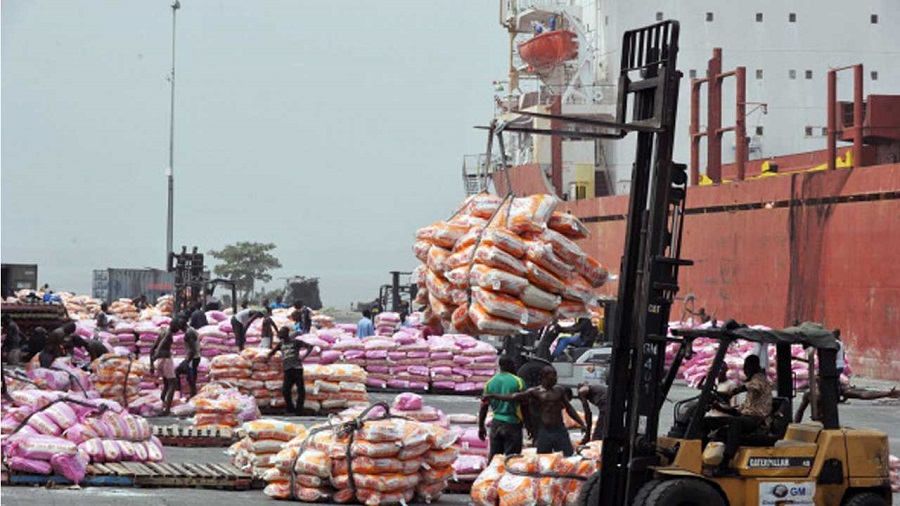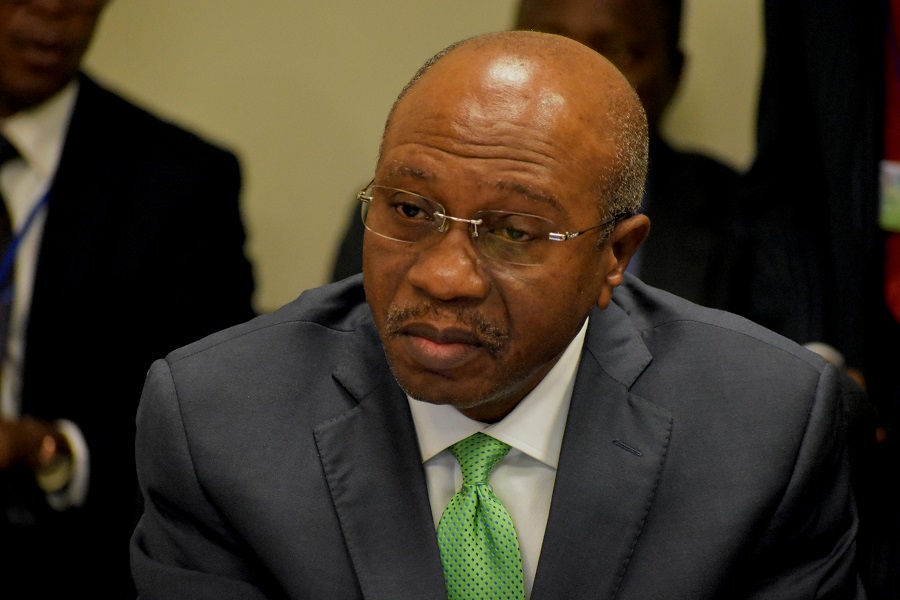Nigeria’s GDP growth and eventual recovery in 2021 is expected to be heralded and driven by the Non-oil sector of the economy.
This disclosure was made in the presentations at the e-press conference titled “Positioning in the new normal” by Cordros Capital.
According to the report…
- In 2020, the Non-oil GDP dipped by 2.5% year-on-year which was attributed to the lingering impact of the pandemic on business activities, with partial easing of lockdown restrictions.
- The Oil GDP also dipped by 13.9% year-on-year as a result of 18.1% year-on-year decline in crude oil production, as Nigeria fully complied with the OPEC+ agreements.
- In 2021, the Non-oil sectors are expected to spearhead the economic recovery with the Services sectors growing by 2.69%. The Agriculture sector is expected to remain as resilient as it was in 2020 and grow by 1.89%, but the Manufacturing sector will dip by 0.89% as a result of weakening demand as well as limited FX supply constraints.
Why this matters
Nigeria’s economy has been quite monolithic since the 1980s and this has been persistently threatened by the instability in crude oil prices in the international market.
The need for the diversification of the Nigerian economy from over-dependence on oil cannot be overemphasized, especially going by the unstable and fluctuating global oil prices. This is aimed at minimizing the country’s vulnerability to macro-economic risks, such as production fall, fall in demand and price, and also a run out of reserves.
In the early ’60s, agriculture was a booming sector – Groundnut, Cotton, Cocoa, Palm-kernel, etc, coupled with other mining activities were the major sources of the booming tradable goods before the advent of oil and its predominance in the Nigerian economy.
No doubt, the non-oil sector has what it takes to unlock the economy of Nigeria and position it on the path of resilient and sustained growth, if optimally harnessed.






















